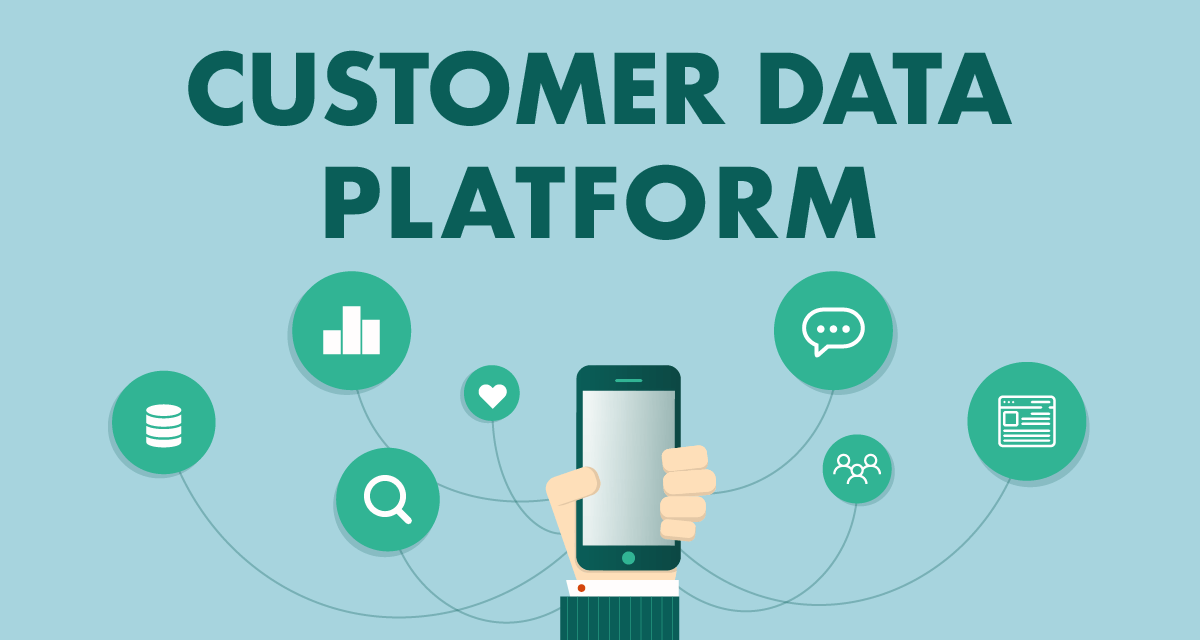Customer Data Platform
Customer Data Platform
Blog Article

Harnessing the Power of Customer Data: The Strategic Advantage of CDP Tools
In the era of digital transformation, understanding and engaging with customers on a deep level is not just an advantage but a necessity for organizations aiming to thrive. The emergence of Customer Data Platforms (CDP) has marked a significant shift in how businesses approach customer data management and utilization. UniSight, a leading provider in this technology, offers a CDP tool that stands out for its ability to collect and integrate customer data from a plethora of sources, creating a cohesive and comprehensive view of the customer journey. This article explores the essence of Customer Data Platforms, their distinction from traditional Customer Relationship Management (CRM) systems, and why adopting a CDP is crucial for modern marketing success.
Understanding Customer Data Platforms
At its core, a Customer Data Platform is a sophisticated tool designed to aggregate and organize customer data from multiple channels, both online and offline. This integration process results in a unified customer profile, which is accessible and actionable across the organization. The UniSight CDP tool exemplifies this functionality, providing businesses with the capability to harness a wide range of data points – from web interactions and transaction history to customer service engagements and social media behavior.
This comprehensive data collection and unification are what set CDPs apart from other data management systems. By offering a 360-degree view of the customer, businesses can tailor their marketing strategies with unprecedented precision, delivering personalized experiences that resonate with each individual's needs and preferences.
The Difference Between CDP and CRM
While both Customer Data Platforms and Customer Relationship Management systems are pivotal in managing customer interactions, they serve distinctly different purposes and operate on different levels of customer data processing.
CRMs primarily focus on managing company-customer interactions, tracking sales progress, and facilitating communication. Their scope is limited to structured data — such as contact info and sales records — directly related to customer interactions with the company. On the other hand, CDPs delve much deeper, analyzing unstructured data from a variety of sources to glean insights into customer behaviors, preferences, and potential future actions. This distinction is crucial for businesses looking to not just interact with their customers but truly understand them on a granular level.
Why Your Organization Needs a CDP
The arguments for integrating a Customer Data Platform into your marketing strategy are compelling. In an age where customer expectations are higher than ever, being able to personalize your marketing efforts can set your business apart from the competition. Here are a few reasons why your organization should consider adopting a CDP tool:
Enhanced Personalization
With the insights gleaned from a CDP, businesses can create highly targeted and personalized marketing campaigns. By understanding the unique preferences and behaviors of their customers, companies can tailor their communications, offers, and recommendations to meet the specific needs of each segment or even individual customers, leading to increased engagement and loyalty.
More Effective Marketing Strategies
Customer Data Platforms enable marketers to identify and capitalize on trends and patterns in customer data. This informed approach allows for the optimization of marketing strategies, ensuring that resources are allocated to the most effective channels and messages. Moreover, the ability to track the performance of these strategies in real-time empowers businesses to make agile adjustments for maximum impact.
Informed Decision Making
Beyond marketing, the insights provided by a CDP can inform broader business strategies and decisions. Understanding customer behaviors and preferences can guide product development, customer service enhancements, and even strategic direction, ensuring that the business is always aligned with customer needs.
Competitive Advantage
In a marketplace crowded with options, the ability to offer personalized experiences is a significant differentiator. CDPs not only enable this level of customization but also support a deeper connection with customers. This not only drives sales and loyalty but also builds a brand reputation that can weather the challenges of an ever-evolving market landscape.
Conclusion
As the digital marketplace continues to evolve, the importance of deeply understanding and engaging with customers has never been more critical. Customer Data Platforms like the CDP tool offered by UniSight provide businesses with the data integration and analysis capabilities necessary to meet these challenges head-on. By offering a detailed view of the customer journey, enabling personalized marketing strategies, and supporting informed decision-making, CDPs represent a cornerstone of modern marketing efforts. Adopting a CDP is not just an investment in technology; it's an investment in the future of your business and its connection with its most valuable asset — its customers.
Report this page